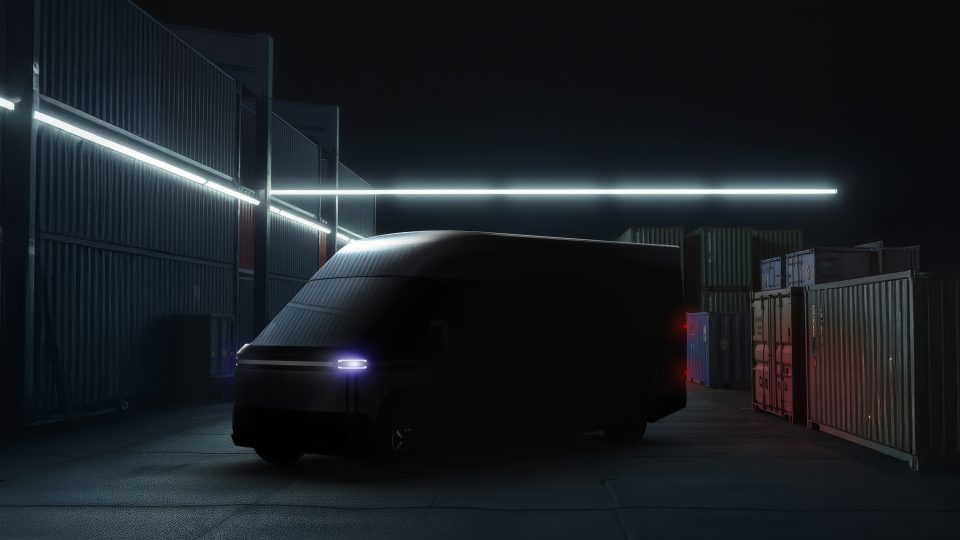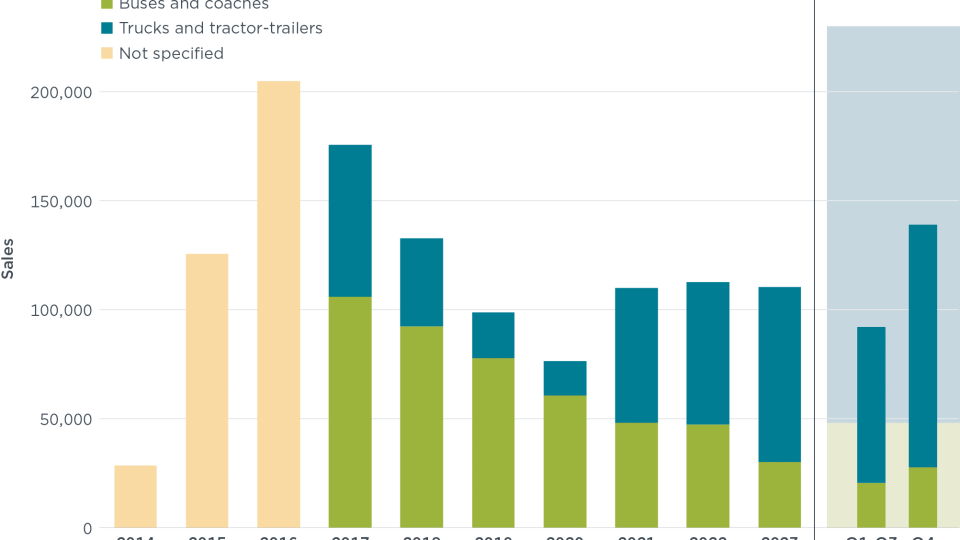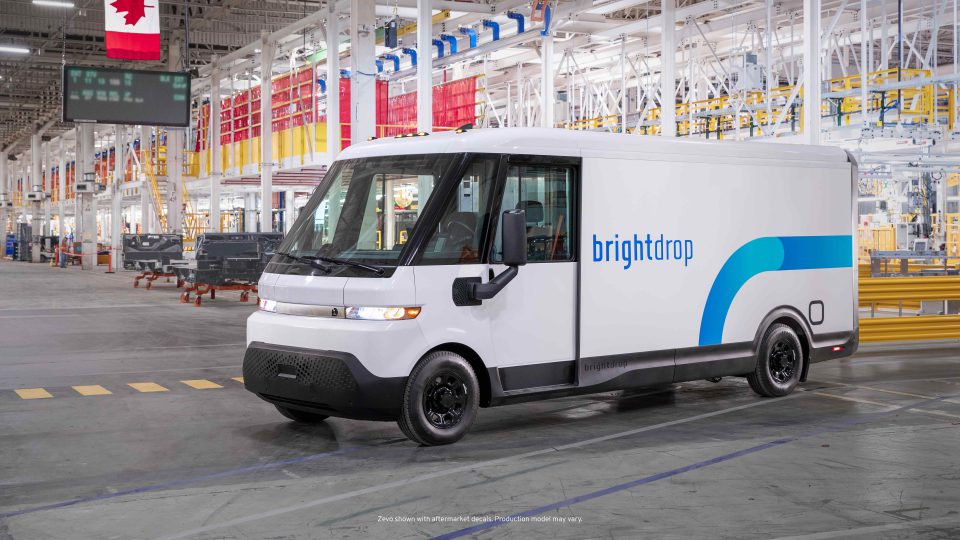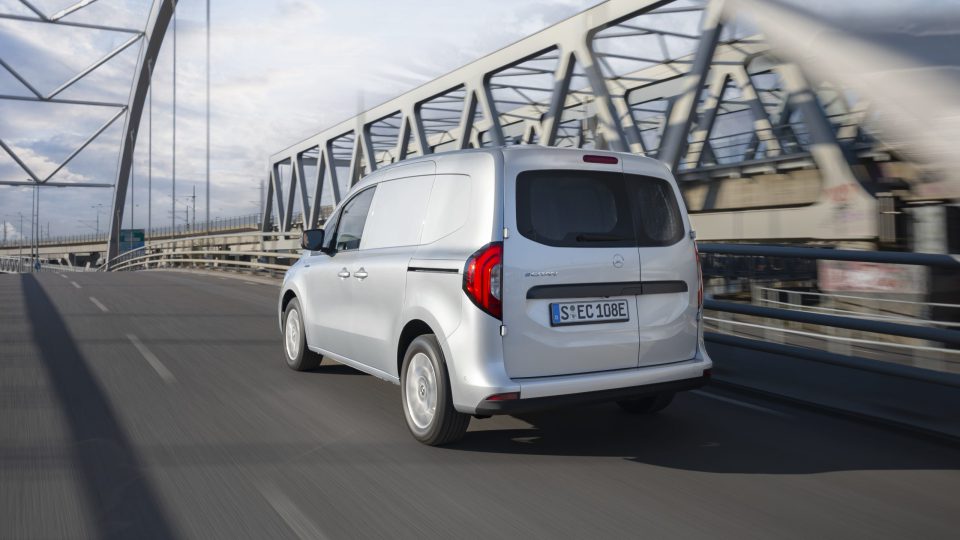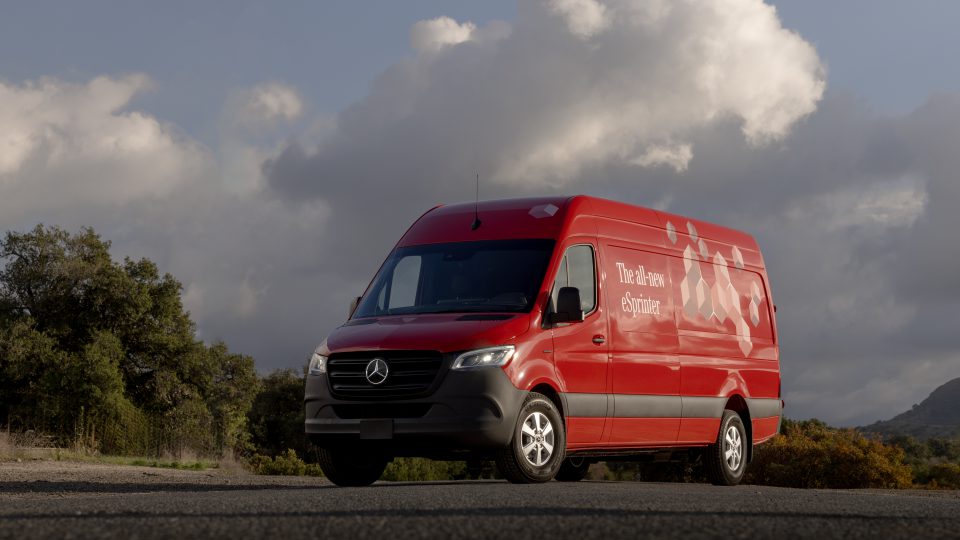Chinese Farizon Auto launches its brand-new electric Super VAN, ready by 2024. Europe is the target
The electric van will be serially produced from the first half of 2024. Farizon Auto also announced the intention to commercialize the electric vehicle on a global scale, and especially in Europe, perhaps due to the bans to ICE vehicles that will be introduced in some major cities, from 2024 onwards.
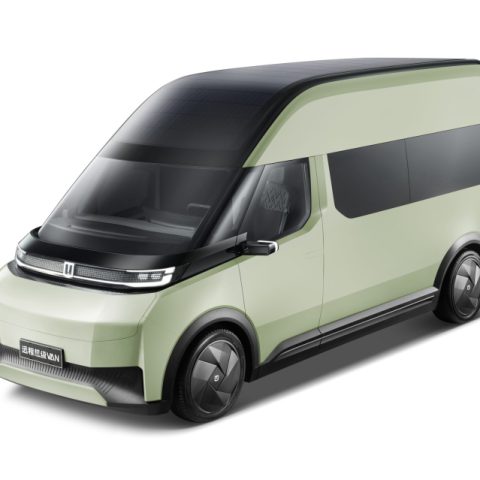
Farizon Auto, the CV brand of the huge Chinese automotive Geely Group, has officially launched the so-called Super VAN, a full electric transporter whose small series production is about to start in the second half of 2023. The electric van will be serially produced from the first half of 2024. Farizon Auto (here’s a post about Farizon’s latest sales results) also announced the intention to commercialize the electric vehicle on a global scale, and especially in Europe, perhaps due to the bans to ICE vehicles that will be introduced in some major cities, from 2024 onwards.
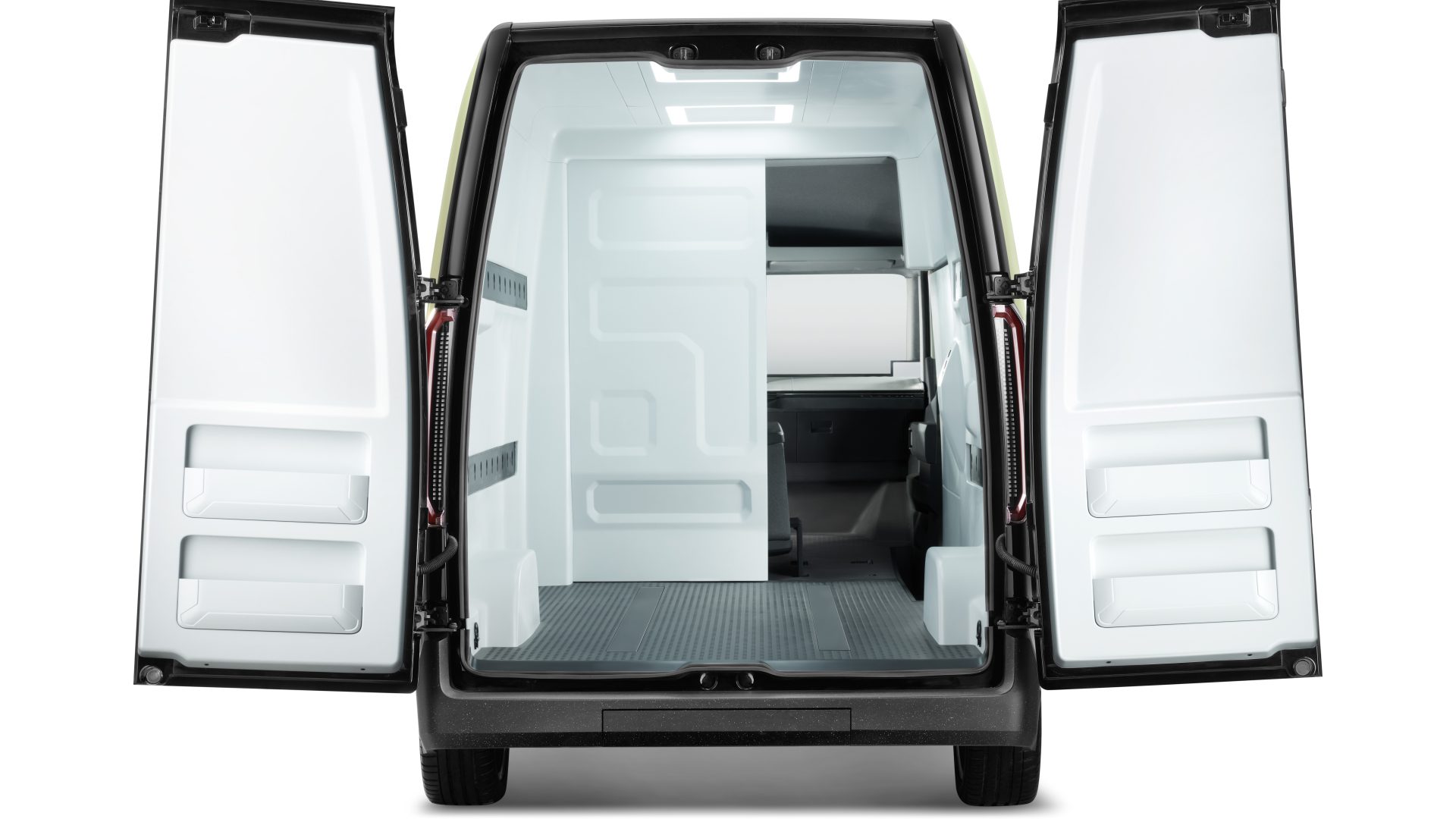
Developed on Farizon’s Geely Multi-purpose Architecture (GMA), Super VAN is customizable to meet the multifaceted requirements of different urban transportation scenarios. The GMA, an intelligent dual-redundancy steer-by-wire modular commercial vehicle architecture, is independently developed by Farizon, and removes all mechanical connections for steering and braking, allowing for complete decoupling between car body and chassis.
Farizon Auto: getting ready for the Super VAN
Structures including wheelbase and overhangs can be changed on demand, while power, braking, suspension and steering systems can be combined flexibly. In essence, the GMA supports the development of different models to serve a variety of functions, such as urban cargo van, autonomous cargo hold, delivery robot carrier, RV, pickup truck, etc. In the future, Farizon will further expand the power system options to include swappable battery, hybrid power, and methanol-fueled range-extender.

In addition, Farizon uses renewable and bio-degradable environment-friendly materials in the production of SuperVAN in an effort to reach the brand’s full life cycle zero-carbon goal in 2023. Furthermore, Farizon has established the largest new energy commercial vehicle research institute in China, and set up three platforms for fleet rental and intelligent management of logistics vehicles, green energy supply chains, and battery charging and swapping services, respectively, to enhance its green intelligent transportation management and service network.


